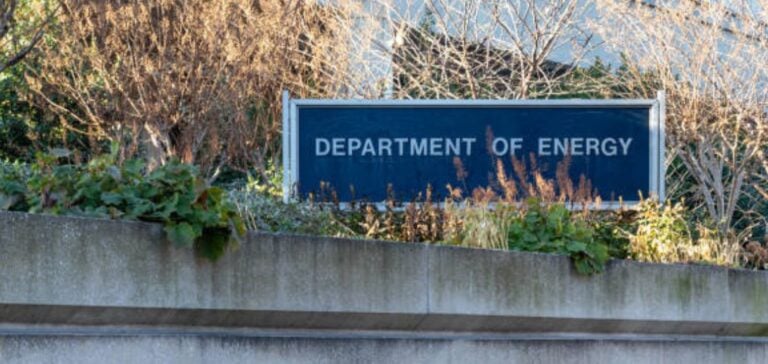The recent announcement by the U.S. Department of Energy (DOE) of a $500 million funding opportunity marks an important step towards strengthening the infrastructure needed to support the nascent carbon capture and storage (CCS) industry. This initiative is part of a wider strategy to store energy and build infrastructure ahead of the expected rise in carbon capture facilities over the coming decades.
Building capacity for future needs
Investing in CO2 transport is crucial to effectively reducing greenhouse gas emissions. DOE emphasizes that developing this infrastructure now will ensure readiness for future carbon capture and direct air capture installations as they come online. This proactive approach is designed to streamline the integration of new technologies and installations into the existing framework.
Details of the financing opportunity
Announced as part of the $1 trillion infrastructure legislation passed in late 2021, this funding opportunity aims to cover a variety of transportation projects, including pipelines, railroads, trucks, barges and ships. These projects are essential to connect CO2-emitting sources with conversion sites or secure geological storage facilities, facilitating the efficient and safe transport of captured CO2.
Facing up to the challenge
According to the DOE, the United States needs to capture and permanently store between 400 and 1,800 million metric tons of CO2 annually by 2050 to reach its net-zero emissions goal.
Brad Crabtree, Assistant Secretary for Fossil Energy and Carbon Management, points out that, “It is crucial to ensure that we have adequate infrastructure to accommodate the growing volumes of carbon dioxide over the next 25 years, which we will need to capture from industrial facilities, power plants and future direct air capture projects, and then transport to geological formations for permanent storage.”
Encouraging regional diversity and understanding
DOE is interested in funding projects in different regions to better understand variations in CO2 transport costs, transport modes and network configurations. This approach also takes into account the technical, regulatory and commercial aspects essential to the successful deployment of CO2 transport infrastructure.
The DOE’s commitment to funding CO2 transport infrastructure is a crucial part of the US strategy to combat climate change. By investing early in critical infrastructure, DOE aims to set the stage for a sustainable future, ensuring that the necessary systems are in place to support the expansion of carbon capture technologies and help achieve net zero emissions by 2050.






















